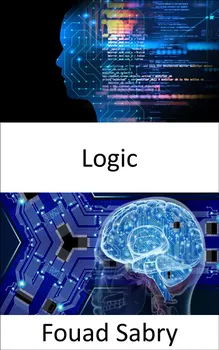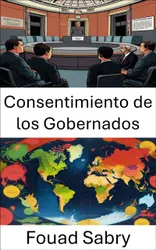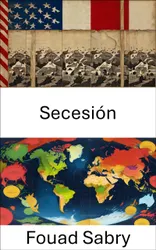What Is Logic
The discipline of logic is the study of sound reasoning. Both formal and informal logic are included in its scope. The study of inferences and conclusions that can be justified by deduction is known as formal logic. It investigates how inferences can be drawn from premises notwithstanding the subjects and topics of those premises. Informal logical fallacies, critical thinking, and argumentation theory are often discussed in conjunction with informal logic. In contrast to formal logic, which employs formal language, informal logic investigates arguments given in everyday language. The term "a logic" refers to a logical formal system that articulates a proof system when it is employed in the sense of a countable noun. The use of logic is essential to the study of a wide variety of subjects, including mathematics, linguistics, computer technology, and philosophy.
How You Will Benefit
(I) Insights, and validations about the following topics:
Chapter 1: Logic
Chapter 2: Deductive reasoning
Chapter 3: Inductive reasoning
Chapter 4: Logical reasoning
Chapter 5: Argument
Chapter 6: Modus ponens
Chapter 7: Soundness
Chapter 8: Validity (logic)
Chapter 9: Philosophy of logic
Chapter 10: Logic and rationality
(II) Answering the public top questions about logic.
(III) Real world examples for the usage of logic in many fields.
Who This Book Is For
Professionals, undergraduate and graduate students, enthusiasts, hobbyists, and those who want to go beyond basic knowledge or information for any kind of logic.












